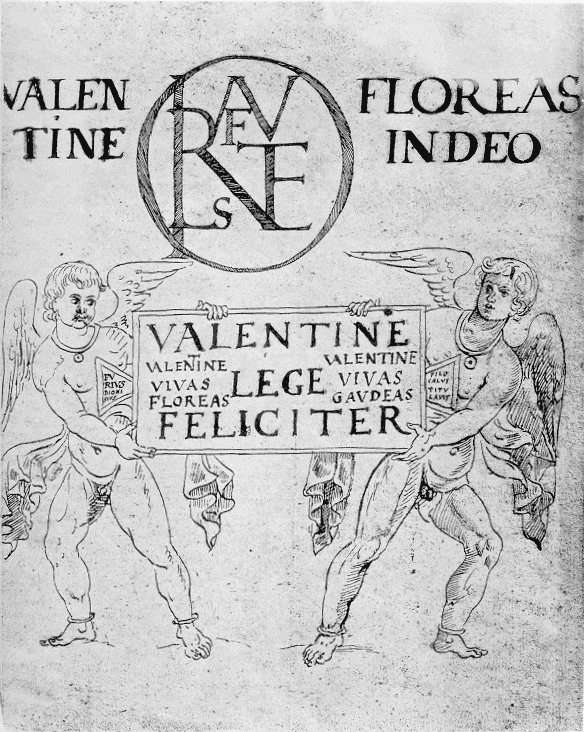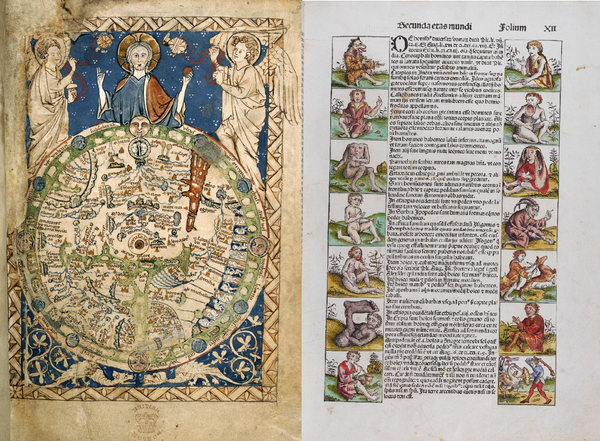Is celebrating Christmas biblical?

Every year, it seems, someone always brings up an argument against celebrating Christmas on religious grounds. In a related manner, I was recently asked why Christians celebrate it in the first place. This is a valid question. As the individual was pointing out, the Bible never says to celebrate Christ’s birth annually. It does, however, tell us to celebrate His death and resurrection. So why celebrate His birthday? Especially on December 25th, when no modern scholar believes Jesus was actually born. Not to mention, it is a well-known fact December 25th was a pagan holiday for the “Unconquered Sun”.
The Christian Origin of Christmas
Well, as it happens, Christians have been celebrating Jesus’ birthday on the 25th of December since the early Church started doing so, almost 2,000 years ago. Though we don’t know the first year it started, one of the earliest writings we have that mention Christ’s birth being celebrated on December 25 is in the Chronograph of 354 — a book written to catalogue seasons, planets, festivals and other calendar related things.

This work, written for a Christian Roman senator, makes it clear that by the mid 300s AD celebrating Christmas was already practiced by believers in Jesus Christ. Thanks to individuals like Hippolytus of Rome, we know that Jesus’ birthday was believed to be December 25th as far back as the first few years of the second century AD, so it is very possible that Christmas was celebrated as early as the beginning of that century. We now know Jesus birth was most certainly not in December for various reasons, which is too much of a rabbit trail to tackle for now.
It is absolutely true that celebrating Christmas is not a requirement, as the Bible never prescribes it, but as far as we can tell no one ever claimed it was a requirement. Christians simply wanted to celebrate Jesus’ birth because they loved him and saw an opportunity to replace a pagan holiday with something that honored God. This was a consistent pattern in the early Church, and with good reason.
The Pattern of Redemption
God has always been in the business of redemption; it's a pattern we see throughout the Bible. God could have promised any land to His people, but He specifically chose the land of Canaan. Canaan was the only family member that Noah cursed. God then destroyed the cursed kingdoms that lived there, who worshiped pagan gods and tried to kill His people, and replaced them with a holy nation. We then we this pattern repeat throughout scripture and climax at Jesus who died to redeem humanity from wickedness to righteousness, from death to life. Before Jesus did this, however, He said something interesting.
Matthew 16:18
And I tell you, you are Peter, and on this rock I will build my church, and the gates of hell shall not prevail against it.
Jesus stated that the gates of hell would not prevail against the church. Gates are defensive, not offensive. Jesus was saying that the Church was to go on the offensive and the defenses of the enemy would lose. This concept rang true in the centuries to follow His resurrection, and became a pattern of redemption. People, places, and practices were being redeemed by Christ left and right. Pagans were converted, temples and idols were destroyed and rebuilt as churches, and practices such as communion and baptism — which were previously used by pagans for centuries — had already been redeemed by Jesus and commanded by Him for us to perform. Jesus is all about taking what the enemy intended for evil and replacing it with or redeeming it into something good.
Genesis 50:20
As for you, you meant evil against me, but God meant it for good, to bring it about that many people should be kept alive, as they are today.
Romans 8:29
And we know that for those who love God all things work together for good, for those who are called according to his purpose.
Indeed, redemption is the way of Christ. By Christians reclaiming days, seasons, places, and practices for Christ, we too walk in the way of redemption and honor God where the enemy once reigned.
December 25th was known by the Romans as the holiday of the "Unconquered Sun," a solar deity who symbolized the sun’s victory over the darkness of winter. The festival marked the return of longer days as the sun began its path toward the summer solstice. Christians replaced that worship with worshiping Christ instead, keeping the way of redemption and honoring God.
For anyone who feels that because it was once a pagan holiday it is an unholy day, be encouraged! Jewish passover frequently fell on pagan holidays but God never voiced concern once. We should have no fears, worries, or anxieties about celebrating Christ on a day when others celebrate or used to celebrate pagan gods. We have been called to boldly take back the world for God through love and peace and worship of Him who reigns!
Pagan Practices
One aspect of debate is Christmas traditions that have roots in pagan practices, due to previously popular pagan celebrations on December 25th. It’s true that many practices, such as tree decoration, gift giving, and feasts of different kinds, were part of pagan traditions.
Method matters, but so does intention. Just like a pagan and a Christian can celebrate December 25 for different reasons, Christians and pagans can decorate a tree, give gifts, and eat feasts for very different reasons. Just as the devil does not own December 25th, he does not own gift giving, or celebrating with a feast! Just as the day itself can be redeemed, so can the practices of tree decorating and so forth.
Conclusion
So, is Christmas a required celebration? No.
Was it a pagan holiday? Yes.
Is celebrating Christmas in alignment with Jesus’ teachings? Yes.
Of course, if anyone has the personal conviction not to celebrate Christmas that is between them and the Lord. But remember, that is between them and the Lord. Please do not look down on others, or speak out of frustration, nor push your personal conviction on someone else. Should you agree or disagree with Christmas as a holiday Christians should engage in, it is not for you to judge others on their decision.
Colossians 2:16
Therefore let no one pass judgment on you in questions of food and drink, or with regard to a festival or a new moon or a Sabbath.
May we all simply worship God every day and glorify Him no matter what we are doing!
1 Corinthians 10:31
So, whether you eat or drink, or whatever you do, do all to the glory of God.
This has been a brief article, but with all the many rabbit trails I could have gone down — I felt it was important to be concise.
May we all enjoy this season and my God be glorified by our words and deeds!





